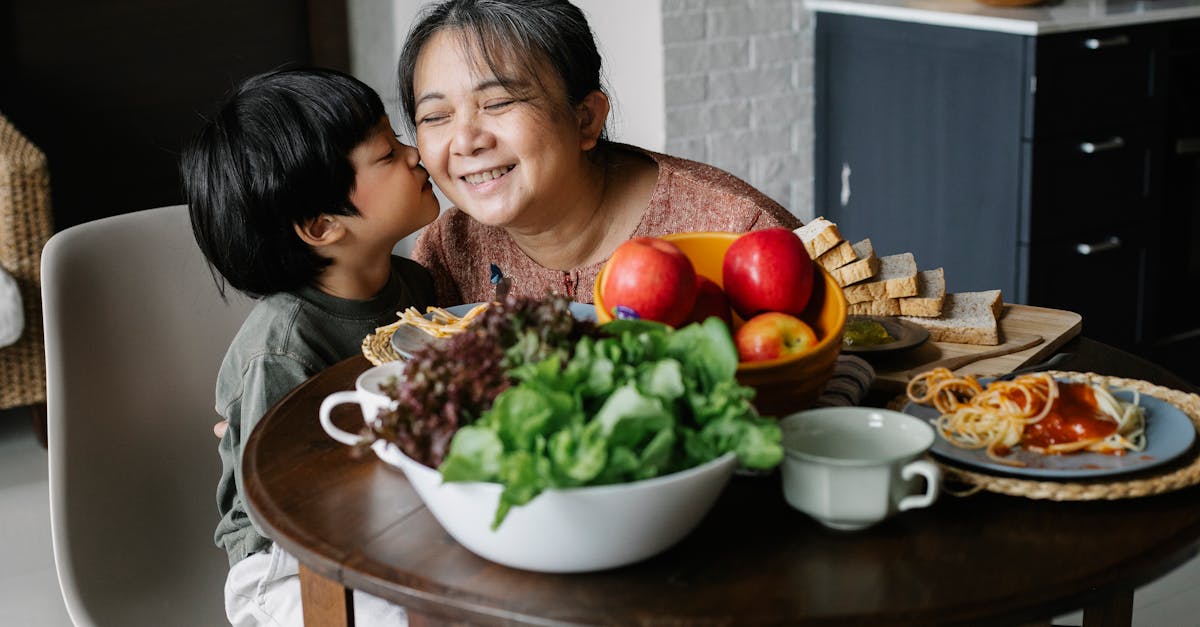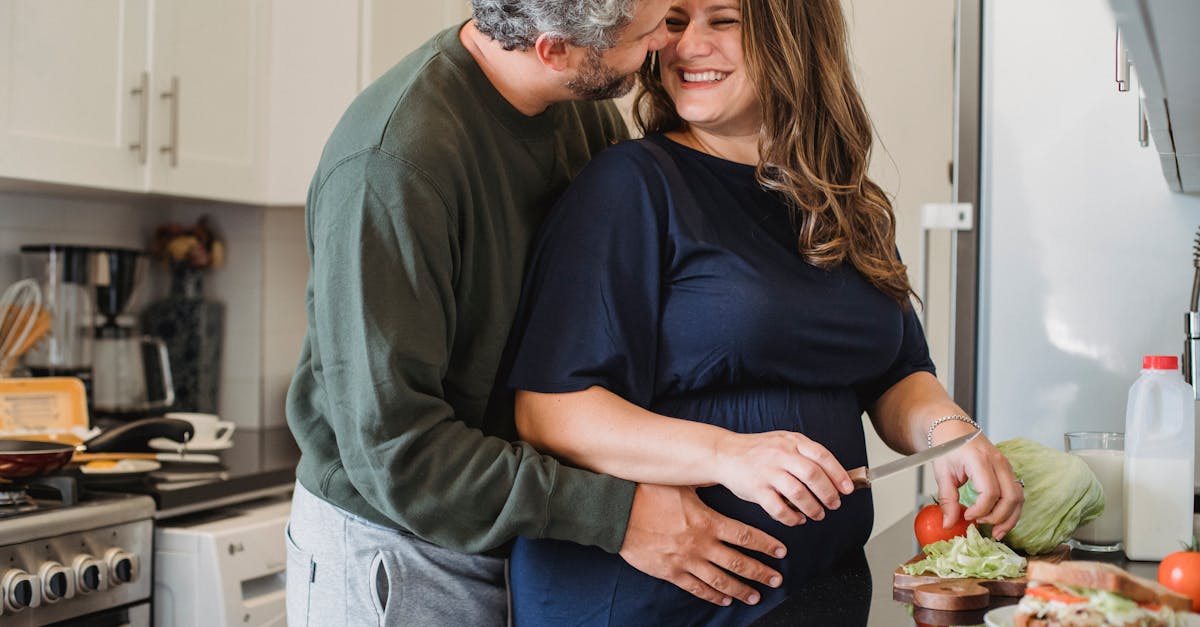Mutual Trust and Respect:
Mutual trust and respect are the foundation of a healthy relationship. Without these two essential components, a relationship is bound to fail. Trust is built over time through consistent actions and words that demonstrate reliability and honesty. Respect, on the other hand, is about valuing each other's opinions, feelings, and boundaries.
In a healthy relationship, both partners feel secure and confident in each other's trustworthiness. They don't feel the need to constantly check up on each other or question each other's motives. Instead, they have open and honest communication that allows them to address any concerns or issues that may arise.
Respect is also crucial in a healthy relationship. It means treating each other with kindness, empathy, and understanding. It involves listening to each other's perspectives and opinions, even if they differ from your own. It also means respecting each other's boundaries and not crossing them without permission.
When trust and respect are present in a relationship, it creates a safe and supportive environment where both partners can thrive. They feel comfortable being vulnerable with each other and sharing their deepest thoughts and feelings. They also feel confident in each other's ability to support and uplift one another.
In summary, mutual trust and respect are essential components of a healthy relationship. They create a strong foundation that allows both partners to feel secure, supported, and valued. Without these two components, a relationship is likely to struggle and ultimately fail.
Table of Content
- Healthy Communication:
- Emotional Support and Empathy:
- Space and Independence:
- Shared Values and Goals:
- Healthy Intimacy:
- Growth and Development:
Healthy Communication:
Healthy communication is the foundation of any successful relationship. It involves actively listening to your partner, expressing your thoughts and feelings openly and honestly, and resolving conflicts in a healthy and respectful manner. When communication breaks down, it can lead to misunderstandings, hurt feelings, and even the end of the relationship.
One sign of healthy communication is active listening. This means giving your partner your full attention when they are speaking, without interrupting or getting defensive. It also involves asking questions and clarifying any misunderstandings to ensure that you fully understand what your partner is saying.
Another sign of healthy communication is open communication. This means being honest and transparent with your partner about your thoughts, feelings, and needs. It also involves being willing to listen to your partner's perspective and being open to compromise.
Healthy conflict resolution is also an important aspect of healthy communication. This means avoiding name-calling, blaming, or attacking your partner during an argument. Instead, it involves calmly discussing the issue at hand and working together to find a solution that works for both of you.
In a healthy relationship, communication is a two-way street. Both partners should feel comfortable expressing their thoughts and feelings, and both should be willing to listen and work together to resolve any issues that arise. By prioritizing healthy communication, you can build a strong foundation for a happy and fulfilling relationship.

Emotional Support and Empathy:
Emotional support and empathy are crucial components of a healthy relationship. When you're in a relationship, it's important to feel like your partner is there for you, especially during difficult times. Emotional support means being there for each other, listening to each other, and offering comfort and encouragement when needed.
Empathy is the ability to understand and share your partner's feelings. It's important to be able to put yourself in your partner's shoes and see things from their perspective. When you're empathetic, you're able to offer support and comfort in a way that truly resonates with your partner.
In a healthy relationship, emotional support and empathy are demonstrated through actions, not just words. It's important to be there for your partner when they need you, whether that means listening to them vent about a tough day at work or offering a shoulder to cry on during a difficult time.
It's also important to be able to communicate your own emotions and needs to your partner. When you're open and honest about your feelings, it allows your partner to better understand you and offer the support and empathy you need.
In summary, emotional support and empathy are essential components of a healthy relationship. When you and your partner are able to offer each other support and understanding, it creates a strong foundation for your relationship to thrive.

Space and Independence:
In any healthy relationship, it is essential to have space and independence. This means respecting each other's personal boundaries and having individual hobbies and interests. It is important to understand that being in a relationship does not mean giving up your individuality. In fact, having space and independence can actually strengthen the relationship.
When partners have their own interests and hobbies, they have something to share with each other. It also gives them the opportunity to miss each other and appreciate the time they spend together. This can help prevent feelings of suffocation or resentment that can arise when one partner feels like they are losing their sense of self.
Respecting each other's personal boundaries is also crucial. This means understanding that each person has their own needs and desires, and it is important to give them the space to fulfill those needs. It can be tempting to want to spend all your time with your partner, but it is important to remember that everyone needs time alone to recharge and reflect.
Having space and independence in a relationship does not mean that partners are distant or disconnected from each other. It simply means that they are secure enough in their relationship to allow each other the freedom to be themselves. When partners have a strong sense of self, they can bring their best selves to the relationship and create a healthy, fulfilling partnership.

Shared Values and Goals:
Shared values and goals are essential components of a healthy relationship. When two people share similar values and goals, they are more likely to have a strong connection and a deeper understanding of each other. This understanding can lead to a more fulfilling and satisfying relationship.
Having shared values means that both partners have similar beliefs and principles that guide their lives. For example, if both partners value honesty and integrity, they are more likely to trust each other and have a strong foundation for their relationship. Similarly, if both partners value family and community, they are more likely to have a shared sense of purpose and direction in their lives.
Having shared goals means that both partners have similar aspirations and dreams for their future. For example, if both partners want to travel the world, they can plan and work towards that goal together. Similarly, if both partners want to start a family, they can support each other in achieving that goal.
When partners have shared values and goals, they are more likely to have a sense of unity and purpose in their relationship. They can work together towards a common goal and support each other in achieving their individual goals. This can lead to a more fulfilling and satisfying relationship.
However, it is important to note that partners do not have to have identical values and goals. It is okay to have differences and disagreements. What is important is that partners respect each other's values and goals and work towards finding a compromise that works for both of them.
In conclusion, having shared values and goals is an important aspect of a healthy relationship. It can lead to a deeper understanding and connection between partners and a more fulfilling and satisfying relationship.

Healthy Intimacy:
In a healthy relationship, intimacy goes beyond physical attraction and sexual activity. It involves a deep emotional connection and a sense of vulnerability with your partner. Healthy intimacy is built on mutual respect, trust, and communication. It is essential to have open and honest conversations about your needs and desires, and to respect each other's boundaries.
One of the key signs of healthy intimacy is mutual consent. Both partners should feel comfortable and safe expressing their desires and boundaries. Consent should be given freely and enthusiastically, without any pressure or coercion. It is important to remember that consent can be withdrawn at any time, and that both partners have the right to say no.
Another sign of healthy intimacy is respect. Both partners should feel respected and valued, both in and out of the bedroom. This means listening to each other's needs and desires, and being willing to compromise and communicate openly. It also means treating each other with kindness and consideration, and avoiding any behavior that could be hurtful or disrespectful.
Finally, healthy intimacy involves an equal balance of give and take. Both partners should feel that their needs and desires are being met, and that they are both contributing to the relationship in a positive way. This means being willing to compromise and make sacrifices for each other, while also maintaining a sense of independence and individuality.
In summary, healthy intimacy is a vital component of a healthy relationship. It involves mutual consent, respect, and an equal balance of give and take. By prioritizing healthy intimacy, couples can build a deeper emotional connection and a more fulfilling partnership.

Growth and Development:
In a healthy relationship, both partners should be able to grow and develop together. This means supporting each other's personal growth and encouraging each other's goals. When both partners are invested in each other's growth, they can create a strong foundation for their relationship.
One sign of growth and development in a relationship is when both partners are open to learning from each other. This means being willing to listen to each other's perspectives and ideas, even if they differ from your own. It also means being open to trying new things and exploring new experiences together.
Another sign of growth and development is when both partners are supportive of each other's personal goals. This means encouraging each other to pursue their passions and dreams, even if it means making sacrifices or taking risks. When both partners are invested in each other's success, they can create a sense of teamwork and collaboration in their relationship.
Ultimately, a healthy relationship should be a source of growth and development for both partners. By supporting each other's personal growth and encouraging each other's goals, couples can create a strong and fulfilling partnership that lasts a lifetime.




